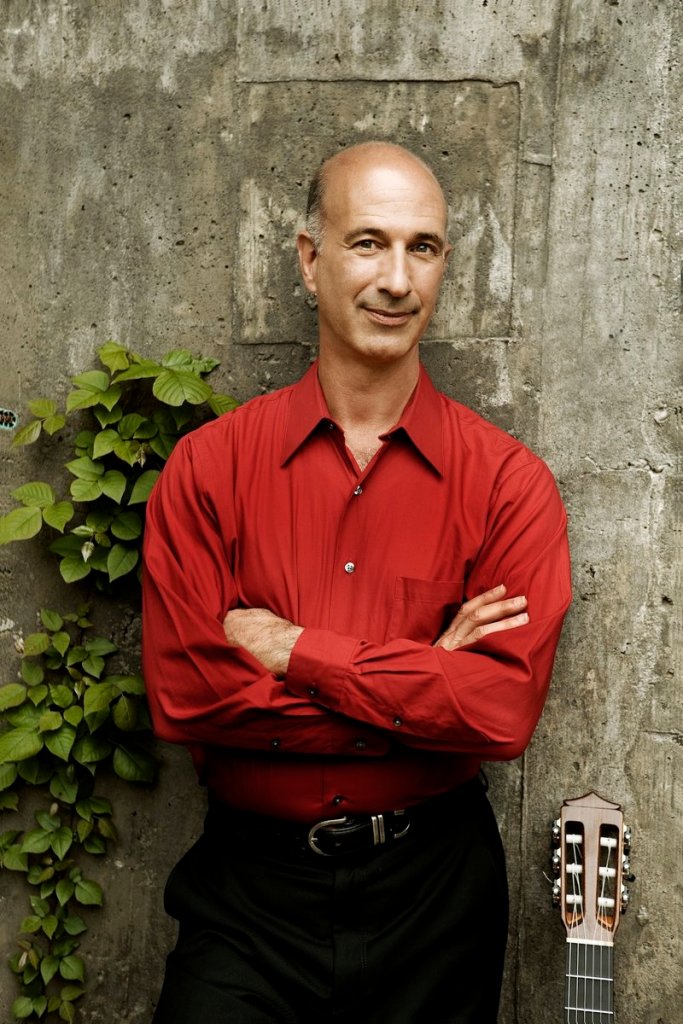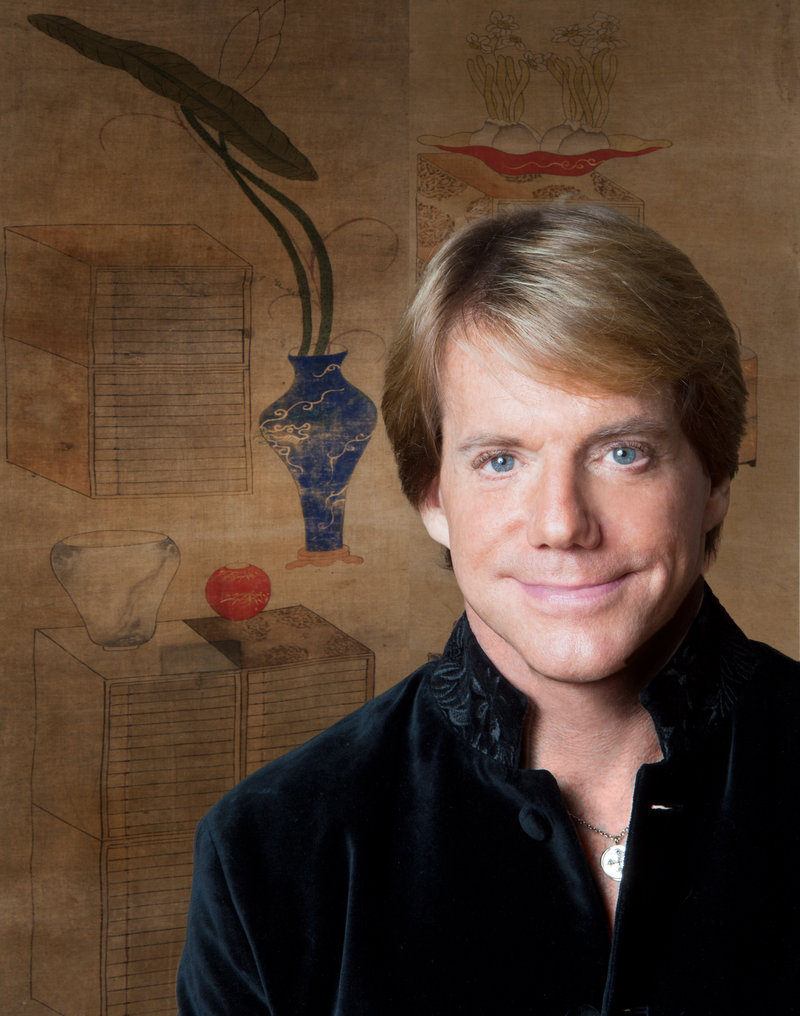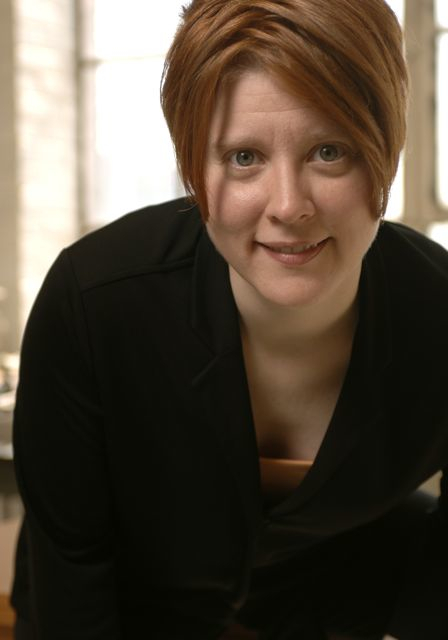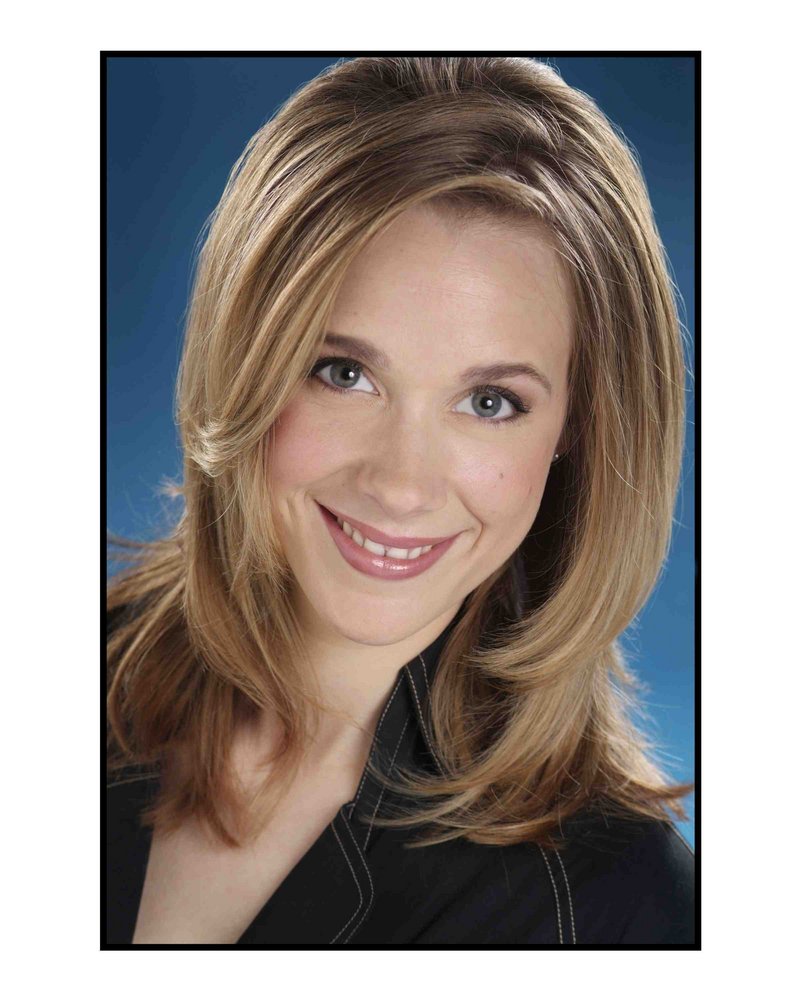If you relied on your hands for your livelihood and a disease robbed you of your ability to control your fingers, most likely you would seek out a medical solution.
And if the leaders of the medical community that specialize in your disease told you they could not help you, you might accept their assessment, put your career aside and find something else to do.
You are not David Leisner.
The classical guitarist was diagnosed with the debilitating hand condition known as focal dystonia in 1984, then spent a dozen years in search of a cure. He did not find one among the many doctors he consulted. He found one himself by looking inward and trusting his intuition.
Leisner, who headlines the Portland Chamber Musical Festival beginning this week, is considered a medical miracle. He beat the disease and has helped others find a cure that allows them to continue in their chosen profession.
“It was the hardest thing I have ever done in my life,” Leisner said by phone last week. “It is a devastating condition that is painless, yet it stops careers dead in their tracks.
“When I contracted it, not many people had a name for it, let alone know how to cure it. To some extent, that remains the case. I am one of the very few who have cured it.”
Earlier this spring, Leisner spoke at a convention of the Dystonia Medical Research Foundation. Doctors now seek him out for information and ideas.
The disease is not new. It has been documented for at least a century, and is often associated with musicians and writers. It is a neurological condition that affects muscles, causing contractions. In hand dystonia, the fingers often curl into the palm or extend outward uncontrollably.
Leisner, who lives in New York, spent a dozen years fighting for his career. By 1996, he was symptom-free. “It has never come back,” he said. “Not once.”
His lesson is one of persistence and instinct. He refused to give up “because my whole identity, or a great deal of it, is bound up in my guitar playing. To call it devastating was an understatement. It was the equivalent of the loss of someone very close to you.”
After traveling the globe in search of help, Leisner found it by looking inward for answers. He did his research, gathering the best information he could, and realized the answer must come from within.
He found his answers intuitively. It was not mind over matter, but more an absolute rejection of failure.
“Sometimes, your instincts know more than all the specialists in the world. It’s really important to follow your instincts and be as persistent as you are able to be,” he said.
Leisner will demonstrate his abilities when the festival begins its 19th season on Thursday, with concerts through Aug. 18, at the Abromson Center at the University of Southern Maine in Portland.
This year, 24 musicians and composers will participate, including nine first-timers. In addition to Leisner, among those making their festival debuts are soprano Tony Arnold and composer Sebastian Currier.
Returning artists include musicians from the Chicago and Houston symphonies, the Minnesota Orchestra and the Orpheus Ensemble in New York.
In addition to such traditional summer festival offerings as the Schubert Cello Quintet and Aaron Copland’s “Appalachian Spring,” the festival will include music for soprano and guitar by Dominick Argento; a work for soprano, two violas and two cellos by Paul Hindemith; and trios by the resident composers, Currier and Michael Alec Rose.
Concerts begin at 8 p.m. Thursday, with music by Boccherini, Hindemith and Dvorak. Leisner and Arnold are featured performers.
Concerts continue at 8 p.m. this Saturday and on Aug. 16 and Aug. 18, the latter hosted by Suzanne Nance of MPBN. At 11 a.m. Saturday, the festival hosts a family fun day, with a children’s concert and activities.
Leisner calls the Argento piece, featured on Saturday, “a contemporary masterpiece.”
Argento, who lives in Minnesota, is best known for his operas. He has an uncanny sense of drama, timing and character. With this piece, he set letters written by famous composers — Chopin, Bach, Mozart, Schubert, Debussy, Schumann and Puccini — to music, and incorporated the musical styles of the composers in his composition.
The Mozart and Bach arias are about money. A couple deal with madness. There are letters about love. They are all emotionally charged and very touching, said Arnold, the soprano who will give them voice.
“The challenge is that it is not poetry. It is prose. Delivering prose has its own challenges in terms of singing,” she said. “They go from being very intimate expressions to outrageous and funny. It is an interesting premise for a piece.”
Leisner and Taylor both accepted the invitation to perform at the Portland Chamber Music Festival because of its reputation. It attracts talented musicians and features an interesting mix of traditional and contemporary music, they said.
Both have performed in Maine before — Leisner at the Bowdoin International Music Festival and Taylor at Sebago-Long Lake.
“I have returned often and happily to Maine, and I am delighted to be coming back,” Leisner said.
Staff Writer Bob Keyes can be contacted at 791-6457 or:
bkeyes@pressherald.com
Twitter: pphbkeyes
Copy the Story Link
Send questions/comments to the editors.







Success. Please wait for the page to reload. If the page does not reload within 5 seconds, please refresh the page.
Enter your email and password to access comments.
Hi, to comment on stories you must . This profile is in addition to your subscription and website login.
Already have a commenting profile? .
Invalid username/password.
Please check your email to confirm and complete your registration.
Only subscribers are eligible to post comments. Please subscribe or login first for digital access. Here’s why.
Use the form below to reset your password. When you've submitted your account email, we will send an email with a reset code.